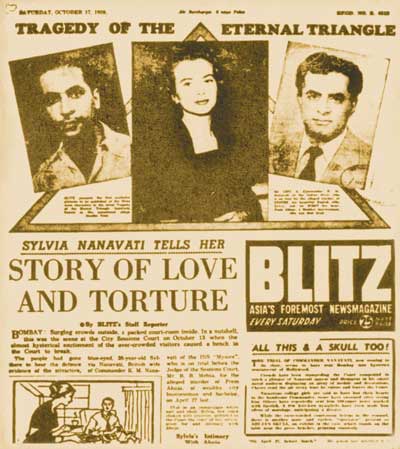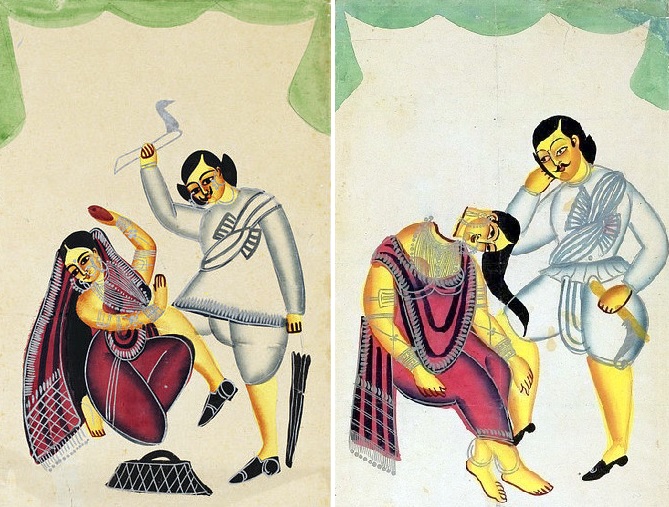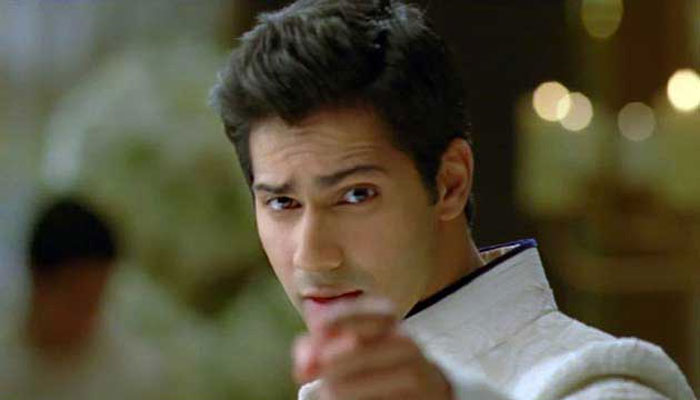What Are Exoplanets And How NASA Detects Life Beyond Our Solar System
Bharti Airtel Set To Acquire Telenor India Within This Year
Google Celebrates NASA’s Discovery Of Seven Earth-Like Planets With An Animated Doodle
Some Home Remedies That Might Sound Bizarre But Actually Work Like A Charm
Akshay Kumar Feels He Has Made Enough Money, Now Wants To Focus On Content & Characters
Delhi ATM Dispenses Fake Rs 2000 Notes From ‘Childrens Bank of India’ With ‘Churan Lable’
Adolf Hitler’s Personal Telephone During World War II Is Up For Auction In The US
From Salman Khan To Rekha, Neil Nitin Mukesh’s Wedding Reception Was Quite A Starry Affair
10 Most Interesting Indian Court Cases Everyone Needs To Know About
Sometimes, I wonder why some Indian films have such boring stories. We are a land rich in source material, especially if you were to get into the real stories this country has to offer. Yes, it's a cliché but India is a great example of how often fact is stranger than fiction. The Indian Judicial System is a treasure trove of such stories. Here are some of the most important and influential cases in Indian history. Read on.
1. K.M. Nanavati vs State of Maharashtra (1959)
This case was the last time there was a jury trial in India. KM Nanavati, a naval officer, murdered his wife's lover, Prem Ahuja. A jury trial was held to decide whether it was a crime of passion (carrying a ten year sentence) or pre-meditated murder (life imprisonment) to which Nanavati plead 'not guilty'. The jury ruled in favour of him but the verdict was dismissed by the Bombay High Court and the case was retried as a bench trial.

2. State of Orissa vs Ram Bahadur Thapa (1959)
This is a bizarre one. Ram Bahadur Thapa was the servant of one J.B. Chatterjee of Chatterjee Bros. firm in Calcutta. They had come to Rasogovindpur, a village in Balasore district in Orissa to purchase aeroscrap from an abandoned aerodrome outside the village. Because it was abandoned, the locals believed it was haunted. This piqued the curiosity of Chatterjee who wanted to "see the ghosts". At night, as they were making their way to the aerodrome they saw a flickering light within the premises which, due to the strong wind, seemed to move. They thought it was will-o'-the-wisp. Thapa jumped into action as he unleashed his khukri to attack the "ghosts". Turns out, they were local adivasi women with a hurricane lantern who had gathered under a mohua tree to collect some flowers. Thapa's indiscriminate hacking caused the death of one Gelhi Majhiani and injured two other women. The Sessions court judge however, acquitted Thapa declaring that his actions were the result of a stern belief in ghosts and that in the moment, Thapa believed that they were lawfully justified.





